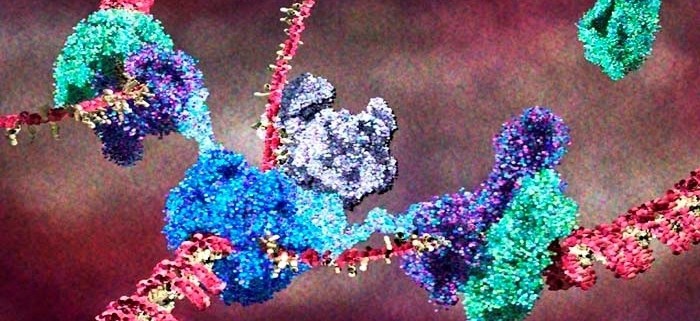
Molecular Replication
Molecular replication is the process of replicating molecules, either naturally or artificially. This is an important process because it allows for the production of a wide range of molecules, including those that are essential for life. For example, molecular replication is essential for the reproduction of cells and the growth of living organisms.
However, there are also some potential pitfalls associated with molecular replication. One of the main challenges is that it can be difficult to control and predict the outcome of molecular replication. For example, errors can occur during the replication process, leading to the production of incorrect or defective molecules. This can have serious consequences, such as the production of harmful or toxic substances. Additionally, the use of artificial molecular replication can raise ethical concerns, such as the potential for the creation of new organisms or substances that could be harmful to humans or the environment. Finally, the production of large quantities of molecules can be expensive and resource-intensive, which can limit its practicality in some situations.
Like 3D printing on the molecular level, a molecular replicating machine will be capable of synthesizing thousands of different molecules from a smaller subset of base chemicals. This will make it much easier to produce pharmaceuticals and a wide range of other organic products for numerous different applications.
Not only does the technology significantly speed up production and enhance efficiency of producing existing products, but it will also streamline research into new products. A molecular replicator able to synthesize almost the full range of natural-occurring molecules would be a game changer, as it would be able to make once scarce materials in abundant quantities.


